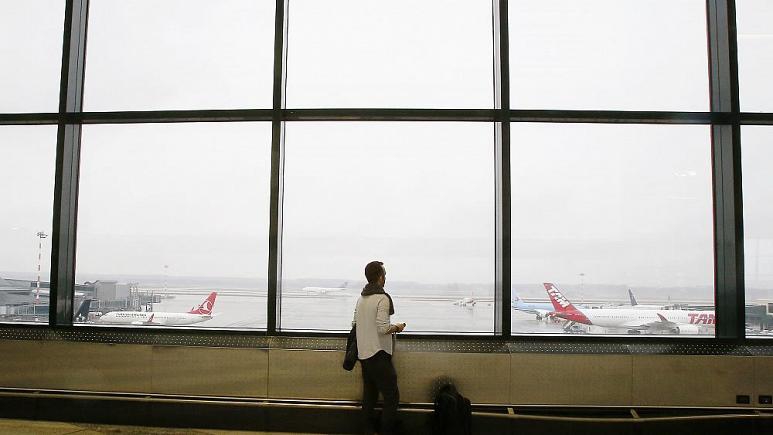Thursday 13 February 2020 - 16:11
Story Code : 370220
Italian banks are closing Iranian citizens' accounts over US sanctions: Is it legal?
According to reliable Euronews sources, the Italian branch of ING Direct Bank sent a letter to Iranian customers several months ago demanding explanations and documents about their income and bank transfers. This resulted in several account closures.
Intesa San Paolo, another bank, also introduced restrictions forcing Iranian account holders to submit documents about their jobs and source of income.
Many Iranian nationals in Italy are students or long-term residents with local jobs and whose monthly salary is thus deposited in a local bank. The abrupt account closures or new restrictions have therefore placed many in a complicated financial situation.
'Two days to close my account'
"I received a letter a few days ago from my bank telling me I had two days to close my account," Hussein, an Iranian national living in Milan, told Euronews.
He added that his salary is deposited into that account and that he has made no international transfer or suspicious transaction. Several of his friends, he said, have also received such letters.
According to Hussein, the bank provided no explanation for closing his account prompting him to conclude that his nationality is "very likely" behind the action. He now plans to seek help from the Iranian embassy.
But Nina, another Iranian national in Italy whose bank account was closed, reached out to the embassy five months ago and has yet to receive a reply. She has now enlisted the help of a lawyer.
"When I went to the bank to discuss the reasons for closing my account, they answered without any hesitation that it was because of my nationality and that the order had been issued by the Italian Central Bank," she explained.
The bank also stressed however that all accounts, not just those held by Iranian nationals, are monitored to prevent money laundering.
'Changed' policy for Iranians
Maryam, an Iranian citizen who's been living in Italy for the past 15 years, told Euronews that she had been told that Italian banks are allowed to close accounts without providing a reason but that they must, however, give proper notice.
Account holders should also be allowed to take their money out after their accounts have been closed, she explained, adding that FineCo is another bank that has rejected applications for bank accounts by Iranian nationals.
Banks in Italy are subject to a law banning racism so should therefore not be allowed to impose restrictions, close accounts or deny loan requests solely on the basis of nationality.
But Carige Bank told Sepehr, a 33-year-old Iranian citizen, that its policy towards Iranian nationals had "changed".
He told Euronews that when he went to his local branch in Genoa he was told that they were "forced" to close his account with the order coming from "top officials".
�6.5 billion fine
Some Iranians in Italy have turned to messaging applications, like Telegram, to try to find solutions to their common problem. Others have shared their banking difficulties on social media in the hope of drawing attention to the issue.
Laleh, who studies and works in Italy, is one of them. On Instagram, she's argued that Iranians' "basic rights" are being "violated", gathering the sympathies of many of her none-Iranian followers.
But many are fearful of doing the same.
"Most Iranians who have this problem in Italy find it difficult to obtain a student visa or residence permit and so they do not pursue the matter over fears they'll be accused of money laundering or some other wrongdoing and then have trouble renewing their legal residence," Maryam told Euronews.
Several European banks have been slapped by hefty US fines for allegedly flouting sanctions.
Dutch Bank ING paid $619 million (�568 million) in fines in 2012 after being accused of violating US sanctions against Cuba and Iran.
France's BNP Paribas was found guilty of violations sanctions against Iran, Sudan and Cuba in 2014 by US authorities, who slapped them with a �6.5 billion penalty.
# Tags











